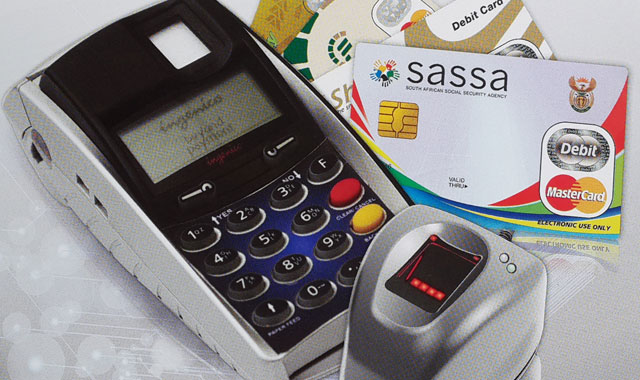
The social development department’s ability to continue to make monthly welfare payments to about 17m people is in jeopardy because it ignored advice from the central bank, two people familiar with the situation said.
The department may have to extend its deal with Net1 UEPS Technologies, with which it has been embroiled in legal battles, to continue with the R129bn in annual payments when the contract ends in April, it said on Tuesday. Alternative arrangements have not been made.
Officials from the Reserve Bank are concerned about the risks associated with the expiry of the deal, and that no contingency plan was in place, according to the two civil servants who asked not to be identified because the discussions have not been made public.
There have been meetings and e-mail exchanges between the department and the central bank, which is the custodian of the payment systems, after the nation’s constitutional court declared Net1’s contract invalid in November 2013, the people said.
“When the department fails to remedy the situation after the court found the original contract was flawed, we are left wondering if they are not being deliberately negligent in order to influence who the contract goes to, or they want to continue with the same company,” said Ralph Mathekga, a political analyst at the Mapungubwe Institute for Strategic Reflection, a Johannesburg-based research group.
The department’s relationship with Net1 has soured this year, with the company challenging a regulatory change that would have halted most deductions from state grants and the department filing criminal charges against Net1 for allowing them to continue. Rights activists have in turn sued the government to demand it protect welfare recipients from companies that are allegedly selling them goods and services they can’t afford and don’t need.
The central bank has said Net1 may have a conflict of interest because it has subsidiaries that sell services to people on welfare.
The central bank believed the department was too slow to invite companies, including major banks, to bid for the contract. In July, it said that it favoured a system where welfare beneficiaries were allowed to open bank accounts with a company of their choice that adhere to the welfare agency’s requirements, which could include subsidised transactions and a restriction on debit orders.
“We have submitted papers in court, basically saying we supervise the payment system, we are prepared to help to try and find a solution,” Kuben Naidoo, a deputy governor at the Reserve Bank who is also the head of banking supervision, said on Tuesday.
Net1 didn’t immediately respond to calls and e-mails to its Johannesburg office on Wednesday. Calls and text messages to South African Social Security Agency (Sassa) officials weren’t answered.
Sassa “will not be the paymaster or operating as the bank that takes the cash or makes the payments” after April, social development department director-general Zane Dangor said by phone on Tuesday. “We have come up with some really good models, but those models will only be able to kick in from October or November next year,” he said, without giving more details. — (c) 2016 Bloomberg LP

